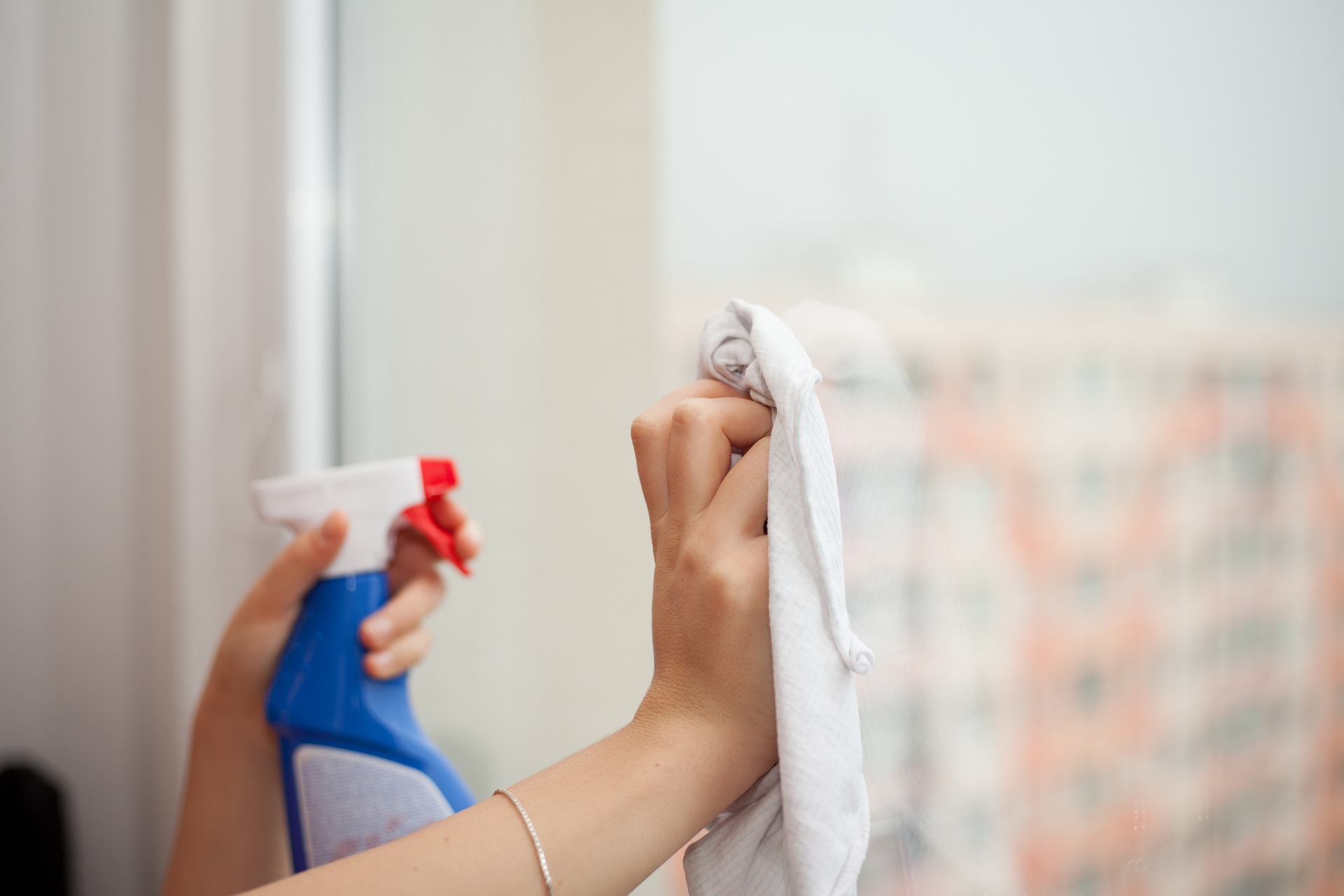News release
From:
COVID-19 has exacerbated gender inequities in housework, childcare and mental health
During the height of the first COVID-19 lockdown in the UK, women spent more time on unpaid housework and childcare than men, were more likely to reduce working hours, and reported higher levels of psychological distress, according to a new study published last week in the open-access journal PLOS ONE by Baowen Xue and Anne McMunn of University College London, UK.
Before the COVID-19 pandemic, studies had already shown that women in the UK today spend more time doing unpaid care work than men. In March 2020, childcare facilities and schools in the UK were shut down in response to the ongoing COVID-19 pandemic. There has been concern that the shutdown and school closures may have exacerbated existing gender inequities in care work and psychological distress.
In the new study, researchers used data from the Understanding Society Covid-19 study, part of a longitudinal study being carried out in the UK since 2009. In 2020, participants from recent waves of the Understanding Society study were invited to complete a web survey each month on their experiences during the pandemic. A total of 17,452 respondents completed the survey in April and 14,811 completed the survey in May.
On average, in April and May 2020, women spent about 15 hours a week doing housework while men spent less than 10 hours per week on housework. Women spent 20.5 hours a week on childcare and homeschooling in April, and 22.5 hours per week in May, while men spent about 12 hours on these responsibilities in both months. Overall, within couples, women were responsible for 64% of housework and 63% of childcare. In addition, working fathers were 5 percent less likely to reduce working hours and 7 percent less likely to change their work patterns due to childcare or homeschooling compared to working mothers.
With regards to mental health, the study found that increased housework and childcare/homeschooling hours were associated with higher levels of psychological distress among women in April; no significant association was found among men and the association was weaker in May. Levels of psychological distress were particularly high if a parent was the only member in the household who adapted work patterns, as well as among lone mothers who had to adapt work patterns. The authors conclude that the COVID-19 pandemic has put a strain on parents, especially lone mothers, and influenced their mental health. Awareness of continued gender biases, the authors say, is important for both couples and employers going forward.
The authors add: “There are continued gender inequalities in divisions of unpaid care work. Juggling home working with homeschooling and childcare as well as extra housework is likely to lead to poor mental health for people with families, particularly for lone mothers.”



 International
International



